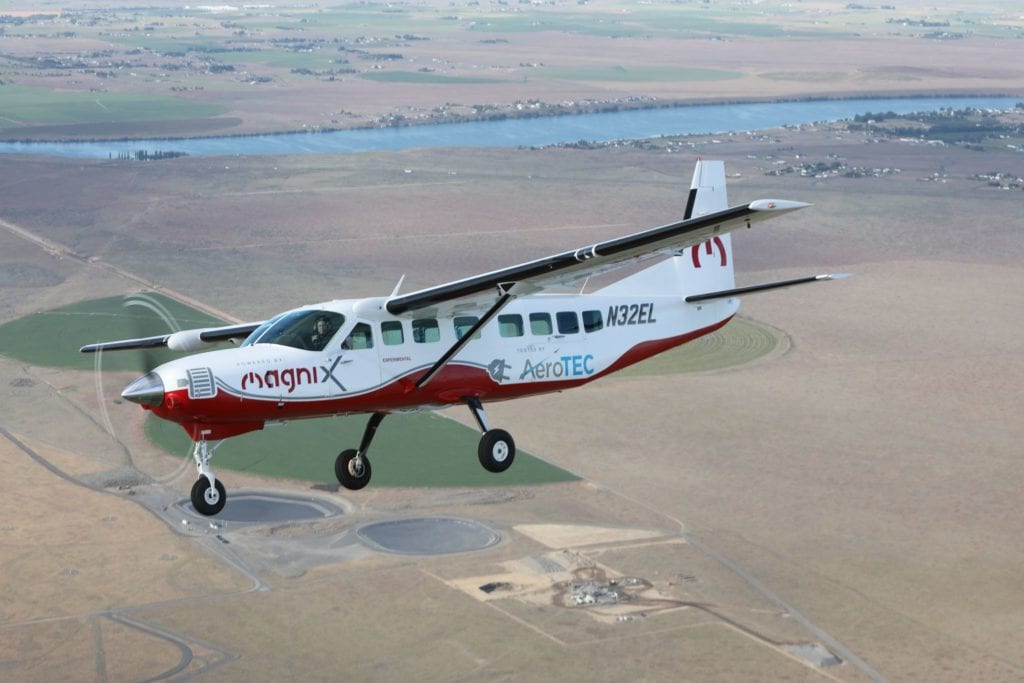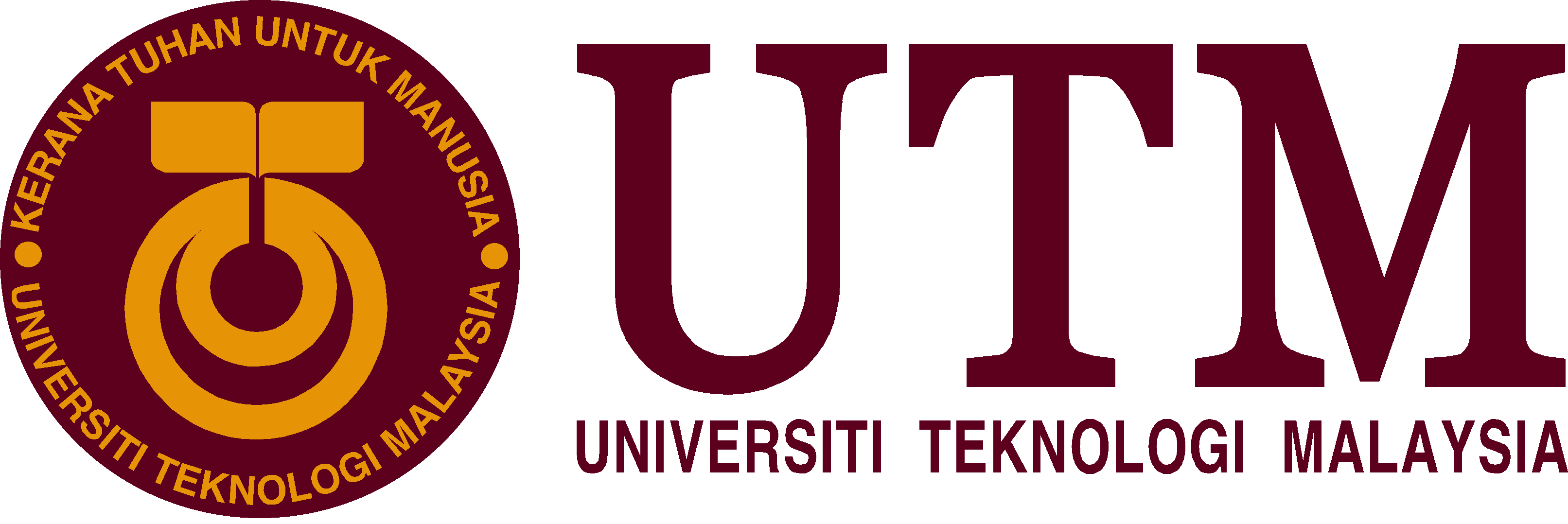A battery pioneer has invented a new kind of battery that is 90 per cent cheaper to produce than standard lithium-ion batteries, and potentially much safer.
Hideaki Horie – who has worked on battery technology since 1990 and led Nissan’s development of the Leaf electric car – discovered a way to replace the batteries basic components in order to speed up and simplify the manufacturing process.
“The problem with making lithium batteries now is that it’s device manufacturing, like semiconductors,” Mr Horie told The Japan Times. “Our goal is to make it more like steel production.”
Manufacturing the new batteries is significantly simplified by replacing the metal-lined electrodes and liquid electrolytes typically found within lithium-ion units with a resin construction.
Mr Horie said the new construction method used by his Tokyo-based company APB Corp is as easy as “buttering toast”.
Their functionality and usage has since come a long way and in 2019 the trio of scientists credited with their development were awarded the Nobel Prize in Chemistry.
Nobel committee member Sara Snogerup Linse said lithium-ion batteries had granted access to “a technical revolution”.
The latest commercial potential for the technology is within electric planes, though the current energy density of lithium-ion batteries is roughly 2 per cent that of kerosene jet fuel.
The largest electric plane to have flown to date is a modified nine-seater Cessna, which achieved a 30 minute flight earlier this year.

Larger passenger jets are already under development, with budget airline EasyJet recently partnering with electric plane startup Wright Electric to build a prototype.
One of the key issues surrounding high-powered lithium-ion batteries is safety, having caused fires in Samsung smartphones and crashed Tesla cars in recent years.
“Because of the many incidents, safety has been at the top of minds in the industry,” said Mitalee Gupta, a senior analyst for energy storage at Wood Mackenzie.
“[APB’s battery] could be a breakthrough for both storage and electric vehicle applications, provided that the company is able to scale up pretty quickly.”
Earlier this year, APB raised 8 billion yen (£59m) to equip a factory for mass production, which is scheduled to begin next year.

